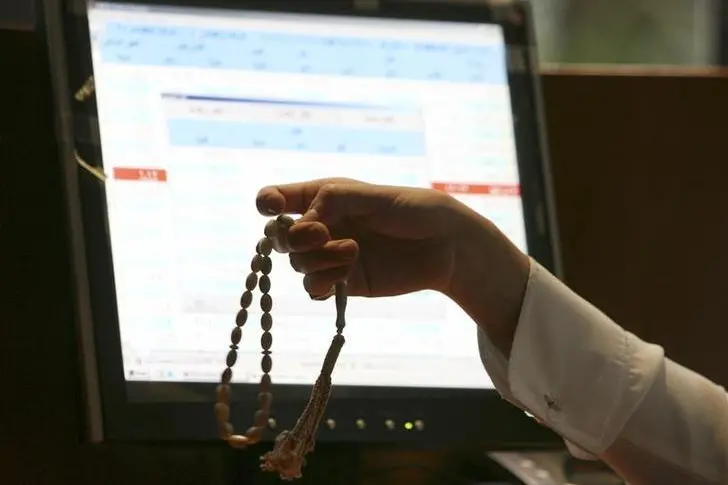PHOTO
Senior scholars in Islamic finance are exploring ways to prevent legal disputes that have roiled the industry, with new rules aiming to clarify responsibilities, while others raise the prospect of penalties for their peers.
The discussions are part of the annual sharia conference of the Bahrain-based Accounting and Auditing Organisation for Islamic Financial Institutions (AAOIFI), one of the industry's top standard-setting bodies.
Sharia scholars are considered the gatekeepers of Islamic finance, vetting products and services to ensure they comply with religious principles such as bans on interest and gambling.
However, their profession is under scrutiny after a series of disputes surrounding Islamic bonds, or sukuk.
These disputes could dent the growth prospects of the sukuk market, as potential issuers could shy away from their perceived legal complexity in favour of conventional debt.
One case relates to sukuk issued by Dana Gas, which is being fought in courts in the UAE and Britain after the oil and gas firm claimed the instruments were no longer sharia-compliant.
Dana Gas is a big concern for sukuk and while scholars might not be able to stop all cases they should work their level best on preventive measures, said AAOIFI Deputy Secretary General Omar Mustafa Ansari.
"We believe that we need to serve the industry in a manner that these sort of instances can be at least prevented."
AAOIFI has developed a comprehensive sharia standard for sukuk that is being finalised, with work underway on three accounting standards and a governance standard, said Ansari.
In the meantime, jurists are debating how to define their duties better, including whether they should be limited when an issuer of sukuk does not have an in-house sharia board.
Another concern is whether it is permissible for scholars to validate sukuk whose terms allow future amendments without proper adherence to sharia rulings.
Such issues mirror the case of Dana Gas, a firm that does not have an internal sharia board, and which last year declared unilaterally that $700 million worth of sukuk were unlawful.
A further concern is whether it is permissible to validate contracts which stipulate that a court will not refer to sharia principles in the settlement of disputes.
Dana Gas and other cases highlight the potential need to legislate work of scholars and penalties for breaches, according to a paper presented by Said Bouheraoua, director of research at the Malaysia-based International Sharia Research Academy for Islamic finance.
At present, only the central bank of Malaysia has stipulated such fines, although this requires proving breaches occurred in 'bad faith' making penalties difficult to apply, Bouheraoua added.
(Reporting by Bernardo Vizcaino; Editing by Sherry Jacob-Phillips) ((Bernardo.Vizcaino@thomsonreuters.com; Telf: +61293218168; Reuters Messaging: bernardo.vizcaino.thomsonreuters.com@reuters.net))





















